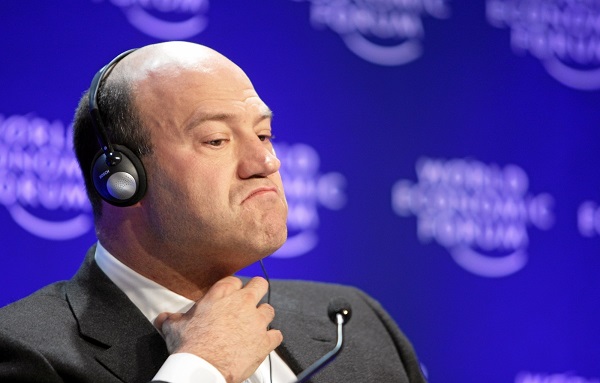Washington, US President Donald Trump’s trade war with China is backfiring and impacting the American economy, his former chief economic adviser Gary Cohn has said.
Cohn, a free trade advocate, told the BBC that the tariff battle has had a “dramatic impact” on US manufacturing and capital investment and that China made the row “a very convenient excuse” to slow down its overheated economy.
Cohn served as Director of the National Economic Council in the Trump administration from January 2017 to April 2018. He resigned after Trump decided to impose import tariffs on steel and aluminium.
“I think the Chinese economy is driven by credit and credit availability. Credit and credit availability is determined by the central government. And they can turn it on and they can turn credit off,” said the 59-year-old former President of Goldman Sachs bank.
“I think the Chinese economy was going to slow down with or without a trade war,” said Cohn, who was an unusual hire for the US President because he was a Democrat in a Republican administration.
According to Cohn, the trade war has created geopolitical uncertainty, which is stopping businesses from investing. He also said that, for all the rhetoric, the trade war with China is hurting the US more than it is the Chinese.
The idea that tariffs would solve trade imbalances between the US and China was a “long-time view” of the US President, he said.
Cohn, however, added that Trump was right to try to tackle China’s theft of US intellectual property and blocking of American companies’ access to Chinese markets.
But he warned: “I think everyone loses in a trade war. We are an 80% service economy. The service side of the economy is doing very well, because, guess what, it’s not being tariffed.”
Cohn said the tariffs made it expensive to import vital products from China, counteracting the effects of Trump’s tax cuts, which were designed to stimulate the US economy.
“When you build plant equipment, you’re buying steel, you’re buying aluminium, you’re buying imported products and then we put tariffs on those, so literally the tax incentive we gave you with one hand was taken away with the other hand.
“So we are not seeing the manufacturing job creation. And I think if we get through this tariff situation, there’s a real opportunity to see it here in the US,” he added.









